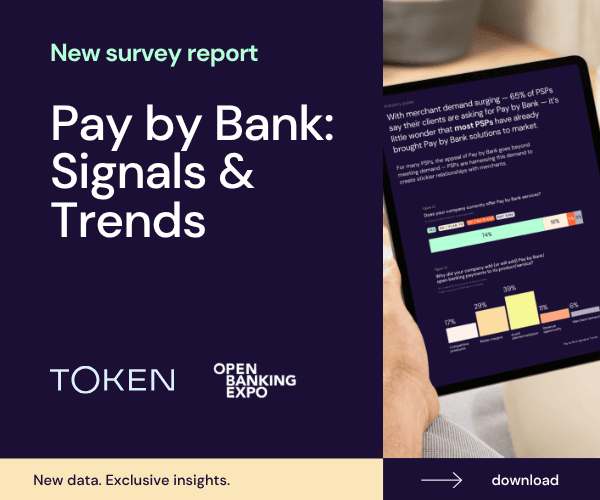
Why Lufthansa Group is opening up its APIs
Newsdesk | News
28 Aug 2018
Through its digital Innovation Hub in Berlin, which was founded in 2014, the airline group (Lufthansa, Austrian Airlines, Swiss and Eurowings) has been looking into new ways to expose its backend systems via APIs for third party developers.
First, it needed some help on the technical side, partnering with consultants from Mindtree to work on what the group calls ‘the Open API initiative’. Open API is an umbrella term within Lufthansa Group that refers to a broad range of APIs, both for internal and external use. It currently counts 900 or so registered developers, accounting for 210 million API calls in 2017.
Most recently this includes a booking API, which allows authorised third party developers to integrate the sale of airline tickets from those carriers into their own website or applications.
Speaking to Computerworld UK, Reinhard Lanegger, senior venture development manager at the Lufthansa Innovation Hub and project lead for the Lufthansa Open API project said: “Mindtree’s experience in APIs is outstanding and the guys we have been working with helped us get over the hump technically… It sounds easy, but airline systems are not the easiest to handle and we weren’t familiar with API structures, so technically it was challenging to integrate those.”
Lanegger compares the airline’s API work with that of the major banks under PSD2 and open banking, but without being forced by regulators.
“In airlines there is no regulation, so it is more a case of exploring how valuable our data is for external parties,” he said. “With [the booking API] we are taking a huge step that is at the core of our business.”
While APIs for timetabling, flight status and seat maps have been around for a while, providing access to booking functionality is another step forward and gives the airline a handy new direct sales channel.
“I think the approach that Lufthansa is taking is that going direct is cheaper generally, so that channel is cheaper than ones with intermediaries,” Adnan Saulat, head of consulting for travel business at Mindtree said.
One early use case has flight tracking app AppInTheAir looking to integrate booking as a new functionality. Lufthansa is also targeting theatre ticket websites. “Why not just have the flights as an additional item you put into the basket for that provider?” Lanegger asked.
In terms of external facing APIs, Lufthansa groups them according to: reference data (airport, aircraft, country), operations (flight status, flight schedule), cargo data (shipment tracking, retrieve all flights), fares/availabilities (airline ticketing data including deep links to our portal) and the booking functionality.
Of course opening up anything comes with some risk. “For example, the booking API demands in-depth vetting of partners, it’s not just register and go,” Lanegger said. “With bookable content you need to tell us what you want to do with it to protect our core interests.”
According to industry body IATA, Lufthansa is one of just 10 airlines, or four percent of its membership, offering an open API. This includes British Airways – part of International Airlines Group (IAG) – which also has a set of developer APIs for flight offers, the latest entertainment options and flight status. This does discount the fact that the booking API has been somewhat monopolised by flight aggregators like Skyscanner already, however.
“We offer a far richer variety of data than Skyscanner,” Lanegger retorted, such as “direct booking of tickets or access to information about the onboard equipment on our group’s flights.
“Our objective with the launch of Open API was never restricted to just flight booking or plain search but much more diverse, enabling futuristic new use cases compared to the limited capabilities of the commonly used meta search engines.”
Saulat from Mindtree added that Lufthansa is also eyeing a booking functionality for voice platforms like Amazon Alexa.
This booking API is currently only available to “early stage startups, ventures, or those new to air travel” for Lufthansa flights from the UK, but Lufthansa is planning to gradually expand into more markets with the US earmarked next.



